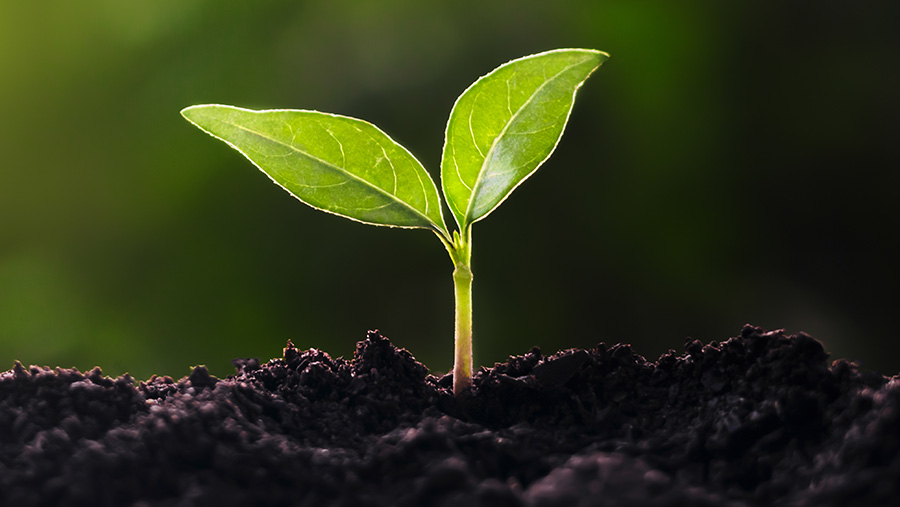Opinion: Society and government need farmers more than ever
 © lovelyday12/Adobe Stock
© lovelyday12/Adobe Stock The future of farming is bright, even if it may not feel that way at times.
Ultimately, there will be some 10 billion mouths to feed by the middle of the century.
The remarkable estimation is that between 2020 and 2050, humanity must produce more food than has been produced in all human history to date to feed that growing – and increasingly prosperous – population.
Agriculture will continue to be the biggest, most important job on the planet – and 99.9% of food will come from neither industrial vats nor laser printers.
See also: Opinion – farmers can’t pay for society’s ecological conscience
Yet it’s also clear that we must produce that food in a far more sustainable manner than has hitherto been the norm.
Globally, agriculture is thought to be among the prime vectors for biodiversity loss and land use change, air and water pollution, freshwater usage, soil degradation and (to a lesser extent) greenhouse gas emissions.
If we don’t change how we feed ourselves as a species, we will literally eat ourselves to extinction – or at least the extinctions of many other species with which we share this planet, gifting a slighted inheritance to future generations.
Farmers are uniquely placed to address many of the looming existential crises which society faces in a way which is the envy of other parts of the economy.
In the drive to net zero, agriculture can offer ample scope for renewables generation (whether wind, sun, hydro or biomass) while also having the prime resource – land – to enable us to lock carbon away in trees, hedgerows and soils.
In the vital fight to restore lost biological diversity (the delicate food web on which we all rely), British farmers manage 70% of the UK’s land area. No meaningful progress is possible without our involvement.
For those concerned with water management and quality, it’s well-managed farmland which offers the greatest scope for holding back water in times of flood, releasing it in times of scarcity and filtering it through healthy soil.
Whether it’s biodiversity net gain, nutrient neutrality or carbon offsetting, the rest of the economy (and government) must come to the farm gate and form an orderly line to fulfil their own commitments.
What’s more, most of the practices which farmers can enact to the benefit of both environment and climate also make good business sense and can increase food output: improved herd and flock health, optimising grazing strategies, greater nutrient use efficiency, reduced tillage, increasing pollinator and beneficial insect populations, building soil health and carbon, improving feed conversion efficiency, reducing and optimising costly inputs, cutting waste. The list goes on.
Two things stand between us and this bright future.
Firstly, government, society and the wider food chain need to place a genuine value on sustainable food production and the assorted natural capital benefits which it brings.
You get what you pay for, and our civilisation can no longer afford to pay bottom dollar for food while ignoring the value of nature.
Secondly, our own fear of change. We must have the courage to ignore those who seek to tell us comforting lies about our own exceptionalism, and instead appreciate that change is a constant.
Those who stand dogmatically in its path are generally swept away in its wake.
Reach high. Be curious. Learn. Innovate. Embrace new ideas. The future is bright.

